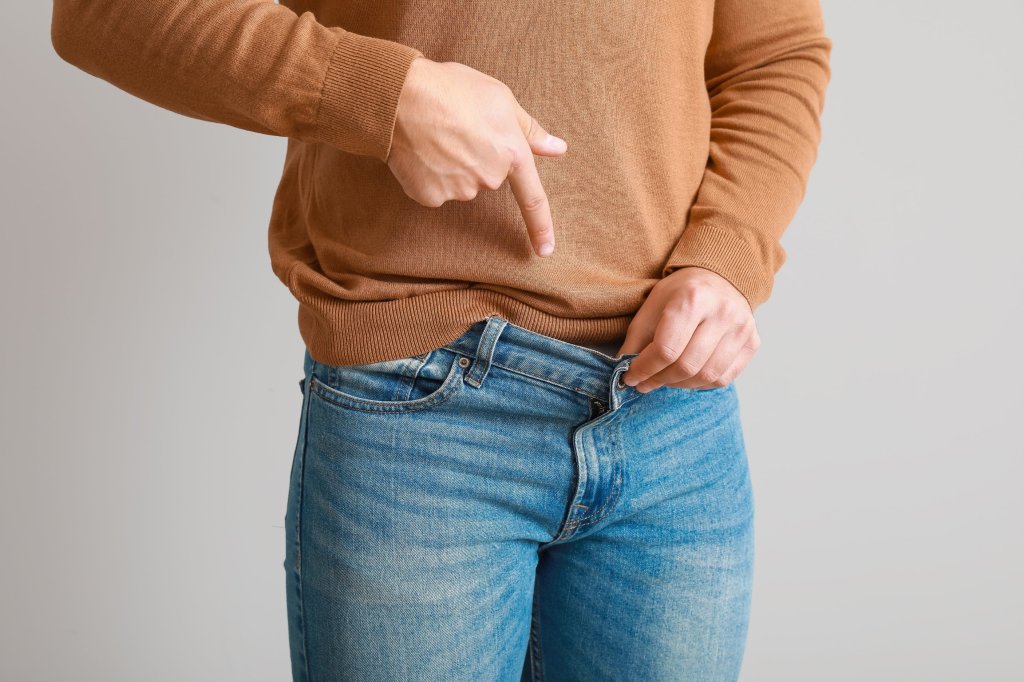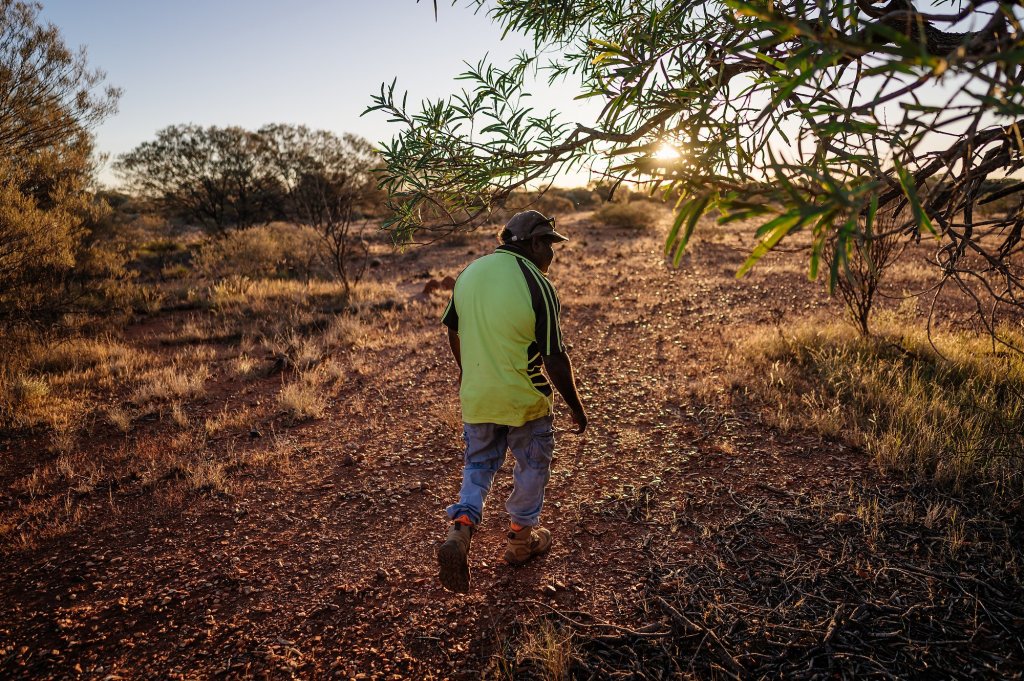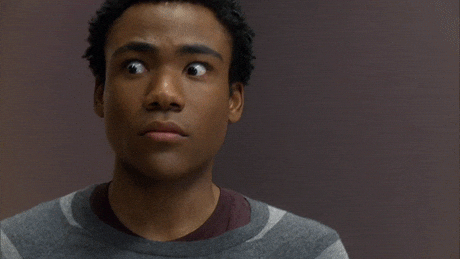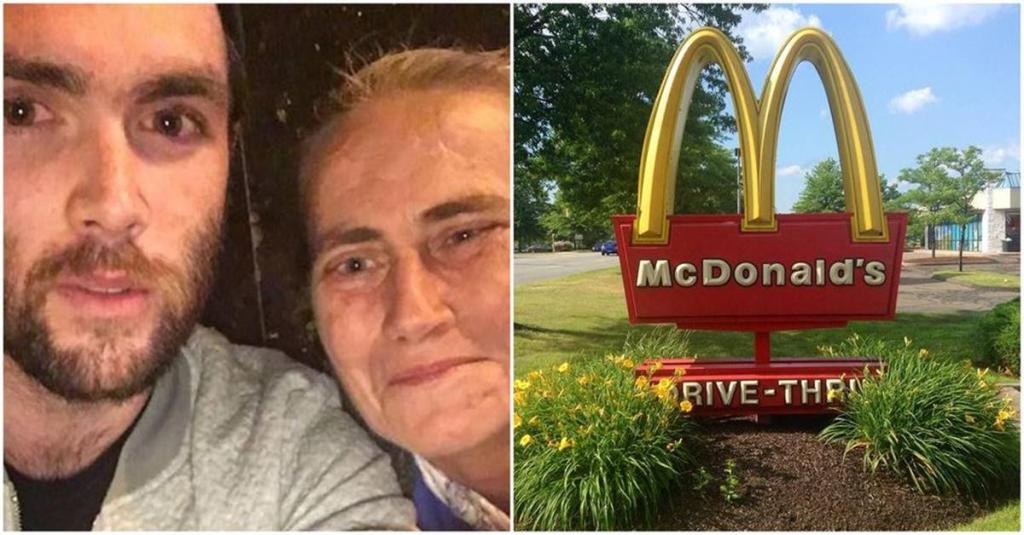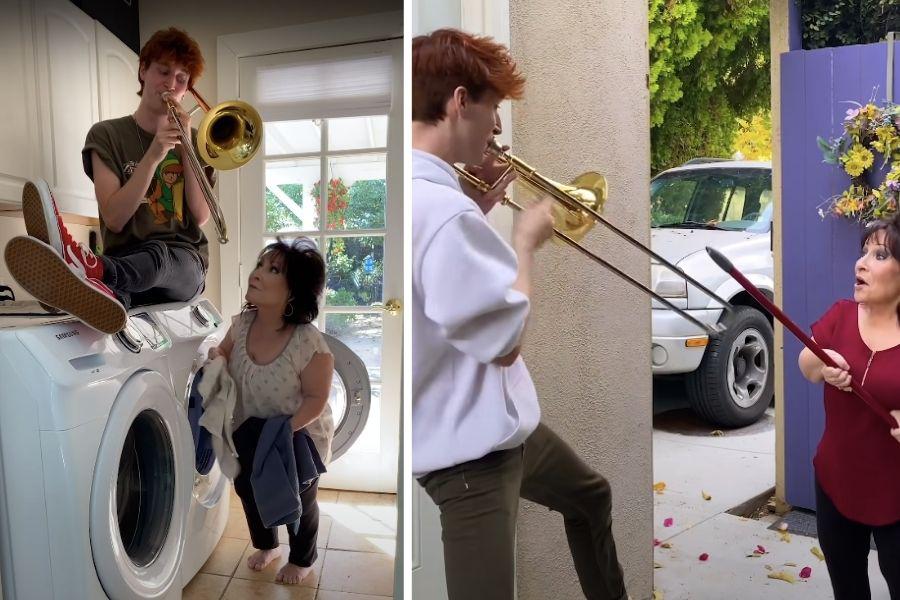People who are able-bodied aren’t always aware of the daily realities of people who live with disabilities. Unless someone moves through life in a body that works differently, or lives with someone who does, how could they?
Unfortunately, that lack of awareness is too often paired with assumptions, judgments, and attitudes about disabled bodies that cause harm. A man who grew up able-bodied and now uses a wheelchair explained in a Facebook post shared by Disabled Magazine how ableism—discrimination in favor of able-bodied people—manifests in subtle ways.
Carson Tueller shared two photos of himself—one where he was standing, and one six years later with him in a wheelchair. He didn’t share in his post why he’s in a wheelchair, other than he had an injury, because it doesn’t matter. The point of the post isn’t his disability, but rather the tendency for fully abled bodies to be held up as ideal while every other body is seen as defective.
RELATED: #AbledsAreWeird offers a brilliant taste of the everyday crap people with disabilities deal with.
For some, the idea that able bodies aren’t ideal might feel challenging. (“Of course fully able bodies are ideal! Isn’t that just the reality?”) But as Tueller points out, “A body with more function is not better than a body with less function.”
Tueller wrote:
“So, what happened to you?”
.
“Why the chair, man?”
.
“So, like, were you born this way?”
.
When I was newly injured, I was shocked at how bluntly I was asked such personal questions about my body. I slowly realized that people saw my body as a deviation from a norm, and they wanted to know how my body became the way it was.
.
I used to be agitated by this. I would stick out my hand, say, “Hi, I’m Carson”, give a patronizing smile, and leave. Now, I’m much more patient because I understand what is at the core of the questions:
.
It’s ableism.
.
I don’t say that in a blame-y, angry way. I just mean that relating to disabled bodies as a deviation from “able” bodies, and holding “able” bodies as ideal, is ableism. Much like relating to any race other than white as a deviation from white, and holding whiteness as ideal, is racism. Pretty simple.
.
Ability, just like race, color, gender, and sexuality, lies on a spectrum. While all bodies function differently, that difference in function does not equate to a difference in value. A body with more function is not better than a body with less function.
.
Read that last sentence again, because if you get what I’m actually saying, you’ll see it’s a pretty radical statement.
.
If this is confronting to you, or if this seems impossible, or *actually* untrue, welcome to internalized ableism!
.
Don’t worry, we’ve all got some. ❤️
RELATED: This company has huge aspirations for reducing the unemployment rate for disabled folks.
Checking ableism means challenging our notion of what is considered “good”, “better”, or “normal” in the realm of ability. These are values that are arbitrarily assigned to a class on a spectrum, and I say it’s time to change that!
.
The man on the left, 6 years ago, is no more valuable because he is standing and has a fully functioning spinal cord than the man on the right. These bodies are of equal value and worth.
.
They are different, and both are worthy and valuable. Nothing is wrong with either of them.
.
Addressing ableism in society will free all of us. If you have a body, this conversation is about you. By altering our idea of what it means to have a human body, we make it possible for all people to love the bodies they live in. ❤️“
Those of us who don’t belong to a marginalized group have to rely on the voices and experiences of those within it to help us understand how we unintentionally contribute to their marginalization. Thanks to Mr. Tueller for helping explain how to celebrate all bodies as fully human and fully valuable, regardless of where they fall on the ability spectrum.






